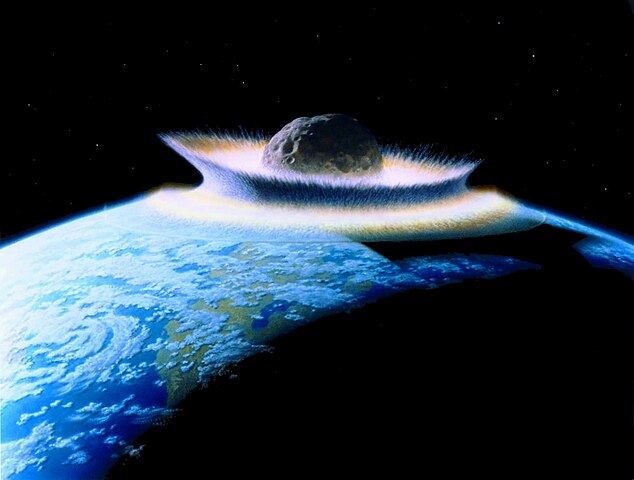
Could We Stop An Asteroid?
Do We Use A Nuclear Bomb To Save The World?
Three blockbuster movies have addressed these questions in recent times: Deep Impact with Robert Duvall, Armageddon with Bruce Willis, and Don’t Look Up with Leonardo DiCaprio. These films fantasise that in the event of a planet-killing asteroid heading our way, NASA or some United Nations-coordinated space force could blow it up and save the planet. But what’s the reality?
Faced with such a situation, would we be sitting ducks, or could anything be done to prevent it just like in a movie (And in only one of those mentioned were we entirely successful)? Well, this would be a two-step process. The first step would be successfully deploying a nuclear warhead into an asteroid, and the second step would be to generate an explosion big enough to obliterate it.
DART
We know step one is possible because NASA has successfully demonstrated proof of concept by launching and smashing a spacecraft into the asteroid Didymos as part of the Double Asteroid Redirection Test (DART). They were not attempting to blow it up, however. In fact, they ignored the nuclear explosion option altogether and elected to try the kamikaze approach to try and push it off course. DART seeks to develop a method to protect Earth in the case of an asteroid threat, which in this case involves shifting an asteroid’s orbit through kinetic impact, which they did successfully.
Destruction Or Deflection?
So, we know it’s possible to deploy a nuke into an asteroid belt, but would it generate an explosion big enough to obliterate it? Experts suggest that we could generate a nuclear explosion big enough to destroy a small asteroid, but not really one sure to pose an existential threat. It is asteroids larger than 6.2 miles across that are a concern, as they are considered extinction class and would destroy all life on Earth in the event of a collision. The issue here is that we don’t have nuclear bombs big enough to wipe out these mega-asteroids. A NASA report suggests that a nuke would most likely cause an asteroid of this size to fragment into several large pieces, which could still cause significant damage to our planet.
This brings us back to DART. While nuclear bombs could conceivably be used to destroy smaller asteroids, it’s likely that planetary defence strategists would look to deflect the course of planet-killing asteroids away using kinetic impact, as in the DART example. In any scenario, the goal would be course deflection.
If you are interested in studying a Science, Oxford Open Learning offers you the chance to do so at a variety of levels, listed below. You can also Contact Us here.
Human Biology IGCSE Fast Track